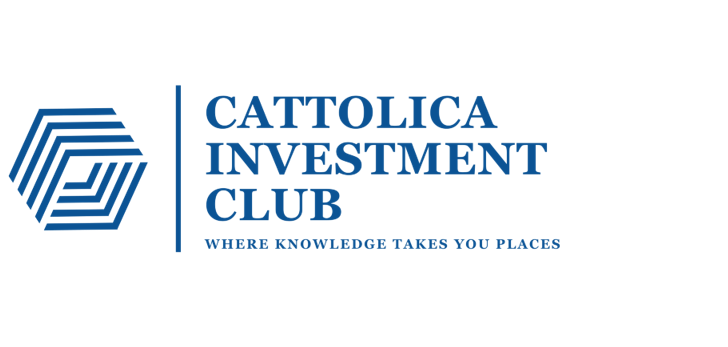
TRUMP’S RETURN TO PRESIDENCY: impacts on the stock market and economic outlook
Donald Trump’s return to presidency is a highly debated topic, with the markets reflecting both hope and apprehension. His presidency promises to bring drastic changes in economic policy, with key discussions around tax reforms, deregulation, and trade policy. All these factors are already influencing investor behavior and shaping market trends.
After Trump’s victory, the stock market had a noticeable rally as investors became relieved with the clarity of the election outcome and the anticipation of market-friendly policies. The S&P 500 reached a record high after the news, while the VIX went down, amidst the exciting expectations of tax cuts and deregulation.
The Republican leader has long demonstrated his fascination with cryptocurrencies, and the leading crypto now stands close to the 100,000$ mark due to tycoon’s support of Bitcoin and a more laxer regulation idea. The perspectives for the cryptocurrency market seem more than positive; yet, it is to be seen whether this is euphoria in an early phase or this trend will find its support long-term.
The aspect of Trump’s policy that most concerns economists and investors is his stance on tariffs, which he intends to impose on imports from Canada and Mexico (25%) and China (10%). His goal is to foster domestic production and reduce dependence on these countries, however, the impacts of such measures are well-known, including the risk of rising inflation and the potential for trade wars.
Although the stock market received with enthusiasm the news of Trump’s victory, with the rise of stocks and the confidence in an reassuring economic scenario, some sectors have suffered. The pharmaceutical industry focused on vaccine production, especially after the announcement of the appointment of Robert Kennedy Jr., former lawyer skeptical of vaccines, to the Department of Health, was among those who lost ground.
Another interesting area to explore is that of fixed income securities, since the prospects of possibly rising inflation make Treasury yields high and attractive, and that could restrain the equity market gains and raise borrowing costs for businesses.
The market thus remains unsure about its direction and the extent to which Trump’s policies might let the Fed stay the course. His commitment to a tax cut boosts enthusiasm in the near term, but over the long run, inflation and trade war risks are variables that must be kept under observation.
Author: Ilaria Savignoni
